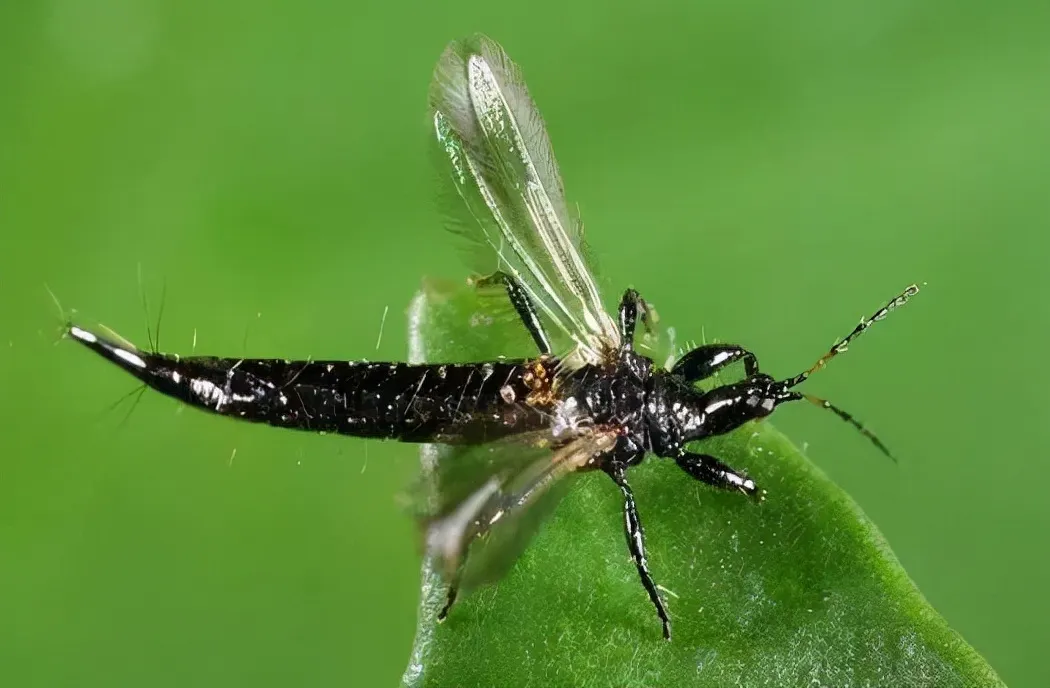
Okt . 12, 2024 02:32 Back to list
Mesotrione Herbicides Available in Canada for Effective Weed Control Solutions
Mesotrione Weed Killer A Comprehensive Overview for Canadian Gardeners
Weeds can be a significant challenge for gardeners and farmers alike, especially in the diverse ecosystems found across Canada. Among the various herbicides available in the market, mesotrione has gained attention for its effectiveness in controlling a wide range of broadleaf weeds and certain grasses. In this article, we will explore mesotrione as a weed killer, discuss its mode of action, its applications in Canada, and considerations for safe and effective use.
What is Mesotrione?
Mesotrione is a selective herbicide primarily used to control broadleaf weeds in crops such as corn, turf, and ornamental plants. First introduced in the early 2000s, it belongs to a class of chemicals known as triketones. Mesotrione works by inhibiting the enzyme 4-hydroxyphenylpyruvate dioxygenase (HPPD), which is crucial for the synthesis of certain pigments in plants. This action results in bleaching of the leaves, ultimately leading to the death of the targeted weeds.
Effectiveness Against Weeds
One of the primary advantages of mesotrione is its broad-spectrum effectiveness. It targets various problem weeds, including those that are traditionally difficult to control. Common weeds such as dandelion, chickweed, and clover are effectively managed with this herbicide. For gardeners and agricultural producers in Canada, this means a significant reduction in competition from invasive plant species, promoting healthier crop yields and garden aesthetics.
Application in Canadian Conditions
mesotrione weed killer canada products

In Canada, mesotrione is available in several formulations and can be applied to both pre-emergent and post-emergent phases of weed growth. For optimal results, mesotrione applications should be timed according to the life cycle of targeted weeds. It’s particularly effective in young, actively growing plants.
Canadian farmers can benefit from using mesotrione as part of an integrated weed management approach. Combining it with cultural practices, like crop rotation and cover cropping, can enhance weed control while minimizing the risks of herbicide resistance. Proper timing and application rates are crucial, and users should consult product labels for specific directions tailored to local conditions.
Environmental and Safety Considerations
While mesotrione is effective, it is essential to utilize it safely to minimize environmental impacts. The Canadian regulatory framework governs the use of agricultural chemicals, ensuring that substances like mesotrione meet safety standards. Gardeners should adhere strictly to application guidelines to protect non-target plants and avoid water contamination, as mesotrione can be harmful to aquatic environments.
When applying mesotrione, it’s crucial to wear appropriate protective gear, including gloves and masks, to avoid direct exposure. Additionally, it is advisable to apply the herbicide when wind conditions are favorable to reduce the risk of drift onto unintended areas.
Conclusion
Mesotrione represents a valuable tool for weed management in Canada, offering effective control of a variety of broadleaf weeds. Its unique mode of action makes it a preferred choice for many farmers and gardeners seeking to enhance the health and productivity of their plants. Nevertheless, responsible use is critical to ensure environmental safety and maintain the effectiveness of this herbicide. By following best practices and integrating mesotrione into a comprehensive weed management plan, users can enjoy the numerous benefits this herbicide has to offer while safeguarding their crops and the environment. As with any agricultural product, continuous education and awareness of local regulations will ensure that mesotrione is used effectively and responsibly in Canadian gardens and fields.
-
Kasugamycin Fungicide: Efficient Bacterial & Fungal Control
NewsAug.02,2025
-
Emamectin Benzoate: AI-Optimized Pest Control Solution
NewsAug.01,2025
-
Best Abamectin 95% | Top Pesticide for Crop Protection
NewsJul.31,2025
-
Insecticide Spirotetramat 11% + Thiacloprid 11% SC at Good Price
NewsJul.30,2025
-
Best Abamectin SDS - Premium Quality & Reliable Safety Data
NewsJul.29,2025
-
Agrochemicals Pesticides Solutions for Sustainable Farming
NewsJul.29,2025
